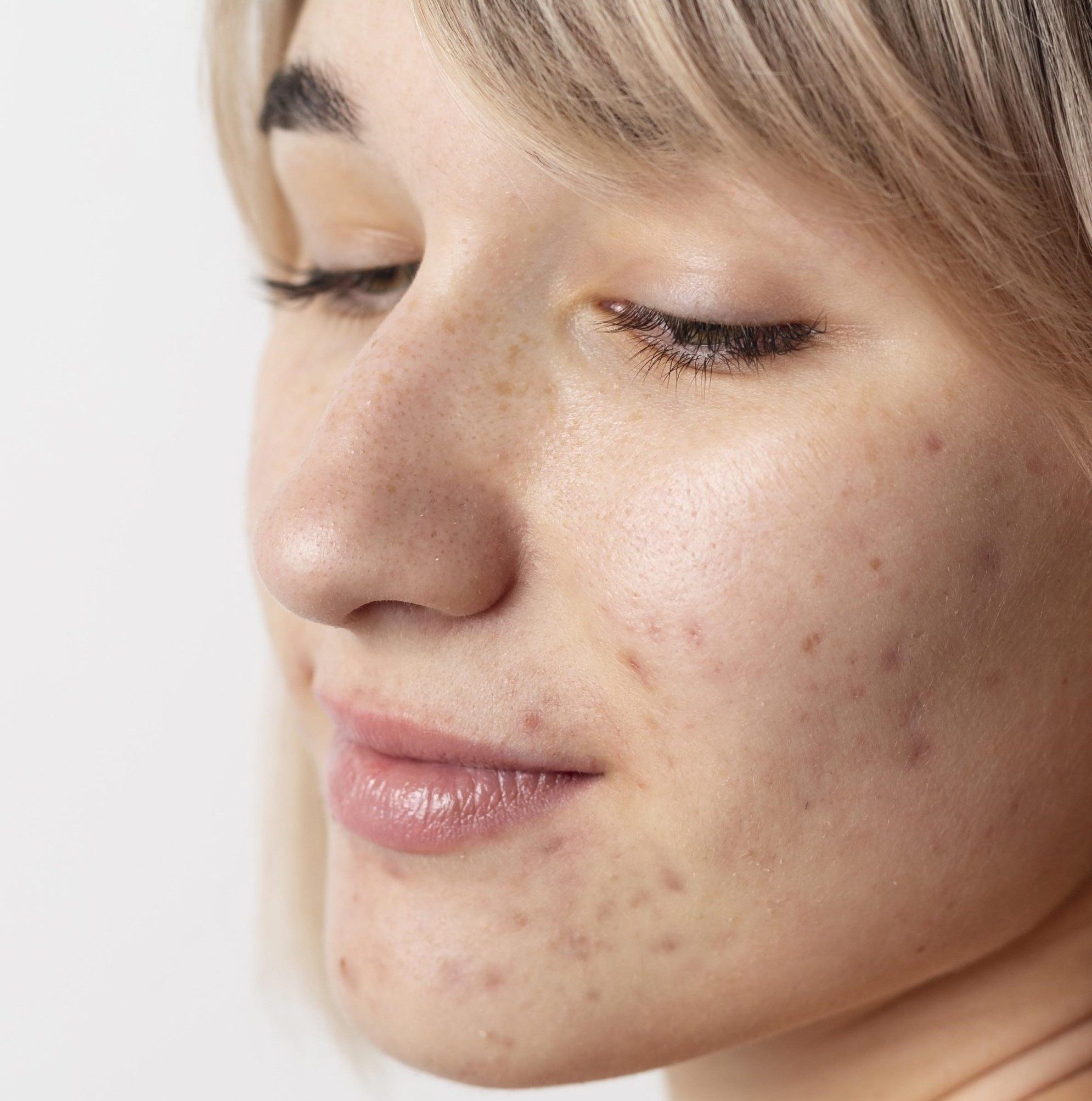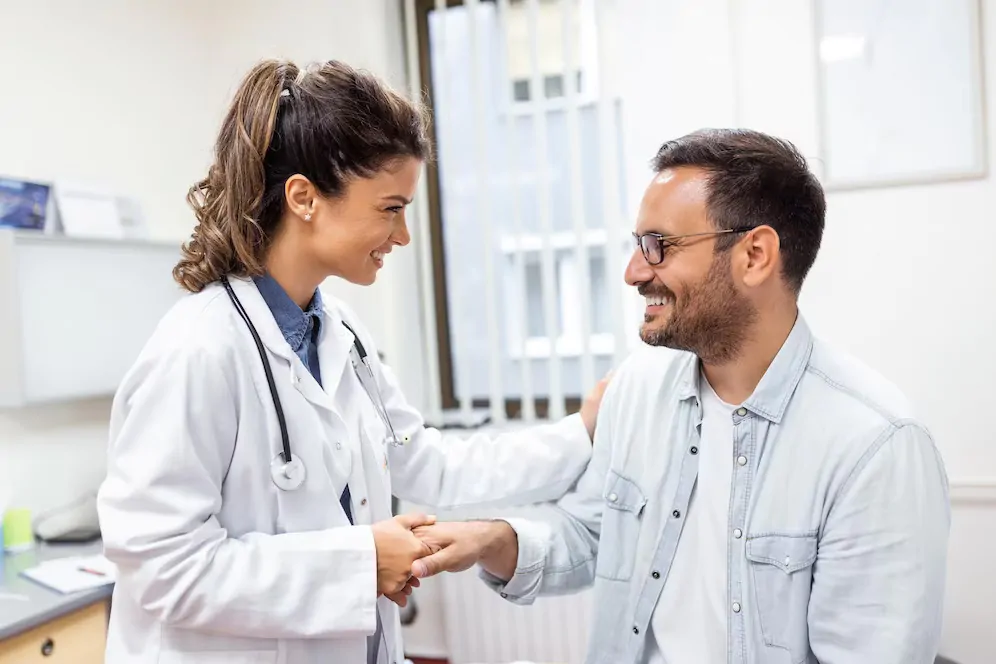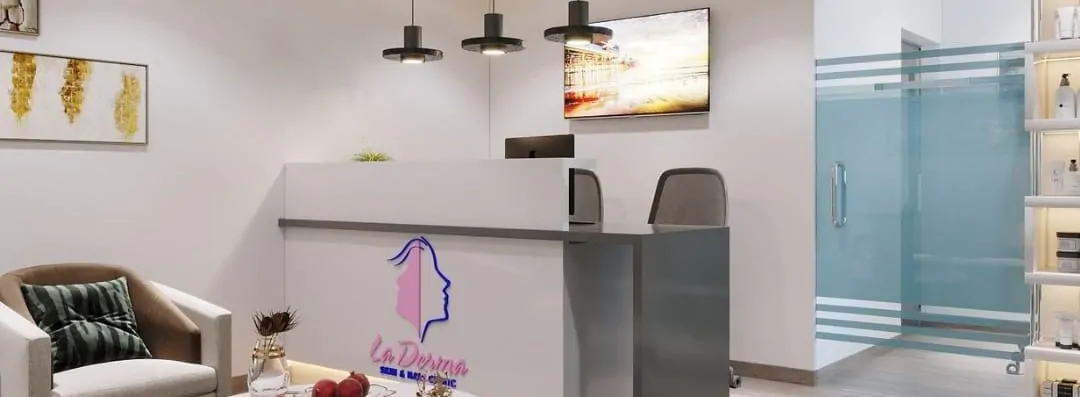Overview
ACNE or PIMPLE
Acne or pimple, known medically as pimples, represents the most prevalent skin concern globally. Its onset can occur during the ages of 13 to 14 and persist until around 30 years old. The emergence of acne is triggered by the obstruction of hair follicle openings, caused by the accumulation of dead skin cells and excessive oil secretion from glands influenced by hormones. Symptoms of acne encompass a spectrum, ranging from simple comedones to painful nodules and cysts.
While milder cases of acne can be managed with at-home remedies and topical acne creams, more severe instances often necessitate a multifaceted approach involving acne creams, antibiotics, and oral isotretinoin. Despite its commonality, the prevalence of myths and misconceptions regarding acne is pervasive, often resulting from limited access to accurate information for patients. These misconceptions can impede individuals in their quest for clear skin.














